
Latest News
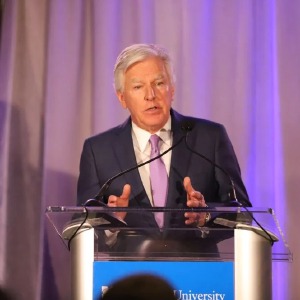 Q&A with UMass President Marty Meehan
Q&A with UMass President Marty Meehan
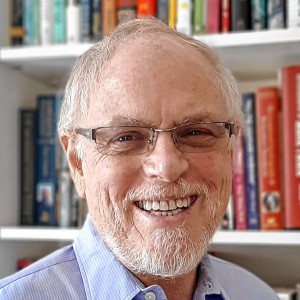 Columnist Bill Newman: The war on us has begun
Columnist Bill Newman: The war on us has begun
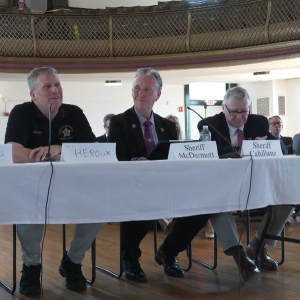 Free jail calls stressing sheriffs’ budgets, staff
Free jail calls stressing sheriffs’ budgets, staff
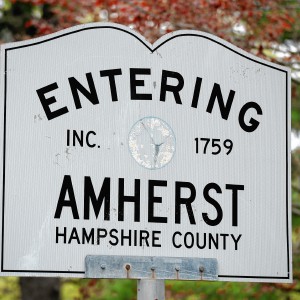 Amherst finance director to return to UMass
Amherst finance director to return to UMass
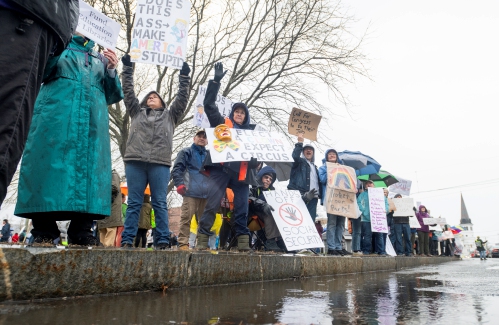
‘Hands Off’ protest: 5,000 people in half-dozen Hampshire County communities protest against Trump policies
REGION — Pent-up frustration boiled over in Hampshire County on Saturday, where some 5,000 people in as many as six communities eschewed a bitter rain to send a message to President Donald Trump and Elon Musk: stop pursuing cruel policies that attack American rights and freedoms.
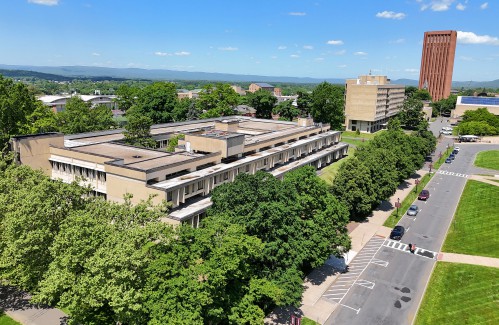
‘Whole campus’ approach: UMass working to help six students whose visas, status were revoked
AMHERST — University of Massachusetts officials are offering a series of rapid responses to help six international students continue their studies on the Amherst campus, even as their visas are revoked and their student statuses are terminated by the Trump administration.
Most Read
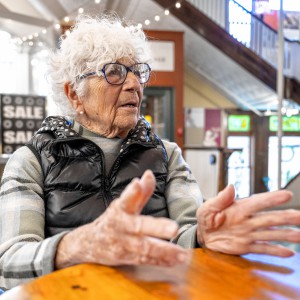 ‘Delightful’ Northampton store shopping guide Jane Hertz, 88, seeking next gig
‘Delightful’ Northampton store shopping guide Jane Hertz, 88, seeking next gig
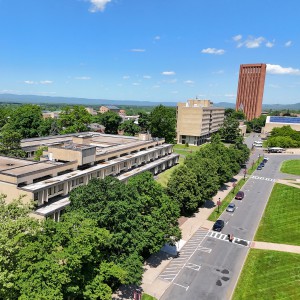 ‘Whole campus’ approach: UMass working to help six students whose visas, status were revoked
‘Whole campus’ approach: UMass working to help six students whose visas, status were revoked
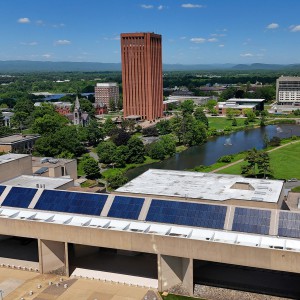 Five UMass Amherst students have visas, student status revoked
Five UMass Amherst students have visas, student status revoked
 Amherst finance director to return to UMass
Amherst finance director to return to UMass
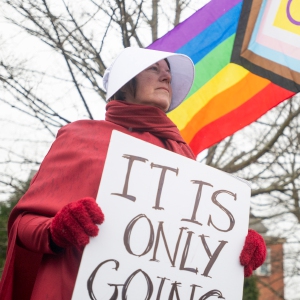 ‘Hands Off’ protest: 5,000 people in half-dozen Hampshire County communities protest against Trump policies
‘Hands Off’ protest: 5,000 people in half-dozen Hampshire County communities protest against Trump policies
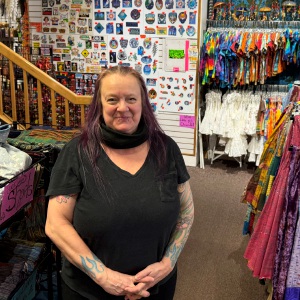 Long-vacant former Faces spot in Northampton gets new tenant
Long-vacant former Faces spot in Northampton gets new tenant
Editors Picks
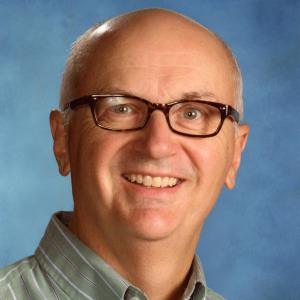 A Look Back, April 8
A Look Back, April 8
 Amherst can’t decide where it is: Is town center uptown or downtown?
Amherst can’t decide where it is: Is town center uptown or downtown?
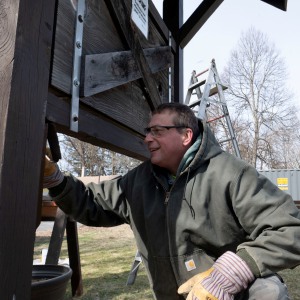 Photo: Sign makeover
Photo: Sign makeover
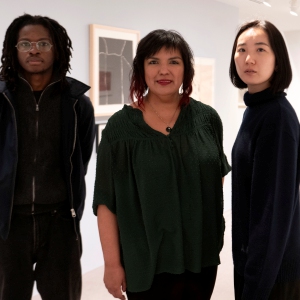 ‘Art in the Age of Human Impact’: New exhibition at UMass explores complex relationship between humans and nature
‘Art in the Age of Human Impact’: New exhibition at UMass explores complex relationship between humans and nature
Sports
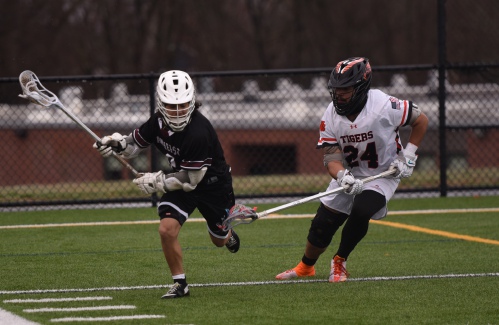
HS Roundup: Amherst boys lacrosse stays unbeaten with 10-4 win over South Hadley (PHOTOS)
SOUTH HADLEY — Nobody has had an answer for the Amherst Regional boys lacrosse team through three games this season, and South Hadley was no exception on Monday afternoon.
Opinion
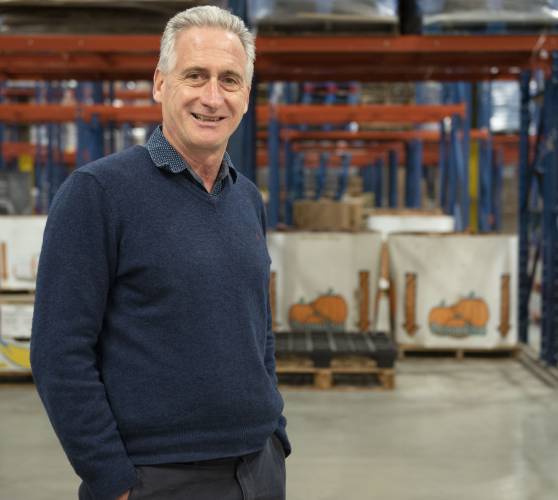
Guest columnists Andrew Moorehouse and Charlotte Boney: Federal nutrition budget cuts will devastate western Massachusetts — Congress must act
The Food Bank of Western Massachusetts recently received troubling news: the United States Department of Agriculture (USDA) has canceled a portion of its food deliveries through August — an estimated $440,000 worth of food we were counting on. While this represents only 1% of our total distribution last year, it’s a serious shortfall that will force us to draw on emergency reserves to purchase food. Even more concerning are the proposed federal cuts to the Supplemental Nutrition Assistance Program (SNAP). These cuts would deepen food insecurity across western Massachusetts and further strain our already overburdened food assistance network.
 Sharon Martula: Northampton Neighbors worth checking out
Sharon Martula: Northampton Neighbors worth checking out
 Gerald Weiss: Genocide by any other word
Gerald Weiss: Genocide by any other word
 Guest columnist John Saveson: Use your spending power for the planet
Guest columnist John Saveson: Use your spending power for the planet

Your Daily Puzzles

An approachable redesign to a classic. Explore our "hints."

A quick daily flip. Finally, someone cracked the code on digital jigsaw puzzles.

Chess but with chaos: Every day is a unique, wacky board.

Word search but as a strategy game. Clearing the board feels really good.

Align the letters in just the right way to spell a word. And then more words.
Business
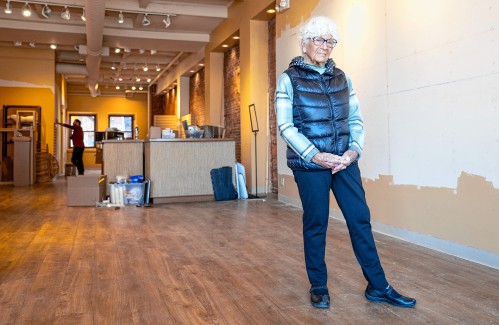
‘Delightful’ Northampton store shopping guide Jane Hertz, 88, seeking next gig
NORTHAMPTON — With the closure of Ten Thousand Villages in Northampton this month, longtime employee and beloved community member Jane Hertz, 88, doesn’t plan to simply give up the community connections and meaningful work she found through the store.
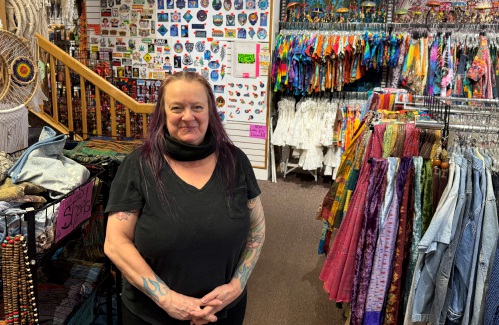 Long-vacant former Faces spot in Northampton gets new tenant
Long-vacant former Faces spot in Northampton gets new tenant
 Area property deed transfers, April 4
Area property deed transfers, April 4
 Making News in Business, April 4
Making News in Business, April 4
Arts & Life

Here to help the community’s artists: Human Scale Art Space aims to advance visual arts in the Pioneer Valley
It’s not uncommon for a small nonprofit not to have a physical space. It is, however, ironic when that nonprofit itself is called Human Scale Art Space.
Obituaries
 Richard A. Heath
Richard A. Heath
Amherst, MA - Richard A. Heath, 74, of Amherst, passed away on April 1, 2O25. He had been dealing with kidney and heart problems for a while. Richard (aka Dick) was born in Northampton, Ma. on October 27, 1950, Richard (aka Dick) was bor... remainder of obit for Richard A. Heath
 Harry Lashway
Harry Lashway
Palm Coast, MA - Harry Raymond Lashway, aged 89, passed away peacefully, and with dignity, on Thursday evening April 3rd, 2025, at home in Palm Coast, his wife Irene and his four daughters by his side. Harry was born on August 8th 1935 ... remainder of obit for Harry Lashway
 Barbara Edwards
Barbara Edwards
Barbara (Black) Edwards NORTHAMPTON, MA - Barbara (Black) Edwards, 85, formerly of Northampton passed away on December 8, 2024. Barbara was born in Northampton, the daughter of the late Raymond Brooks Black and Doris Catherine (Fischer) ... remainder of obit for Barbara Edwards
 Roger Storozuk Jr.
Roger Storozuk Jr.
South Deerfield, MA - Sgt. Roger "Doc" Storozuk Jr, aged 76, spent his final birthday surrounded by his loving family before passing away in the early hours of April 2, 2025, holding the hand of the love of his life, at the Veterans Aff... remainder of obit for Roger Storozuk Jr.

 Amherst grants more time for comments on environmental review for Jones Library project
Amherst grants more time for comments on environmental review for Jones Library project
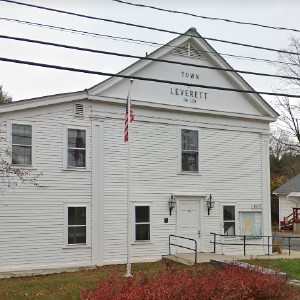 Leverett will consider accepting 147-acre working forest at May’s town meeting; public hearing this Thursday
Leverett will consider accepting 147-acre working forest at May’s town meeting; public hearing this Thursday
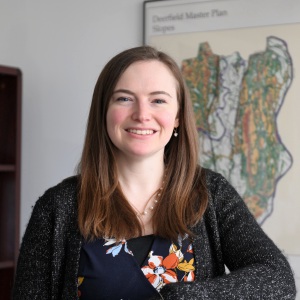 Alex Galloway takes office as Deerfield Planning and Economic Development Coordinator
Alex Galloway takes office as Deerfield Planning and Economic Development Coordinator
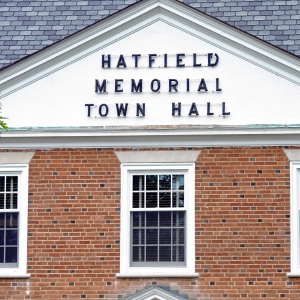 Hatfield Select Board challenge sole contested race in May 20 election
Hatfield Select Board challenge sole contested race in May 20 election
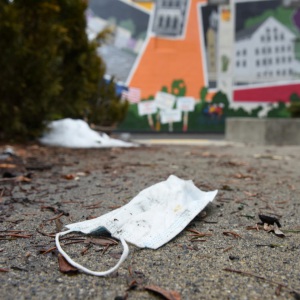 COVID 5 years later: Is Massachusetts prepared for another pandemic?
COVID 5 years later: Is Massachusetts prepared for another pandemic?
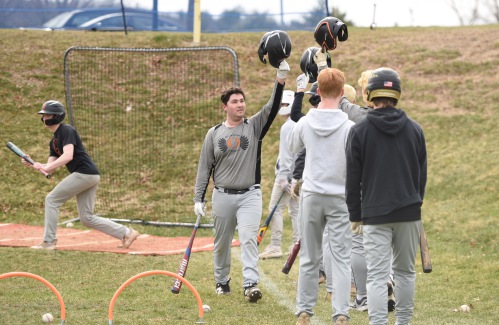 HS Baseball: Belchertown, Longmeadow to play at Dunkin’ Park in Hartford Tuesday night
HS Baseball: Belchertown, Longmeadow to play at Dunkin’ Park in Hartford Tuesday night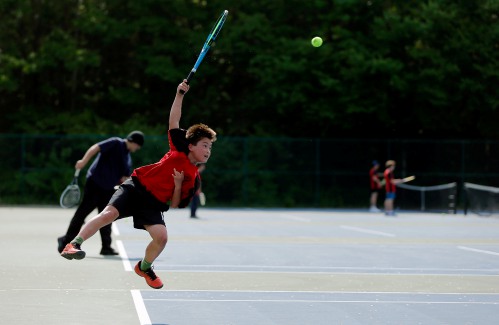 High school tennis preview 2025: PVCICS loaded again and ready for another postseason run
High school tennis preview 2025: PVCICS loaded again and ready for another postseason run High school baseball preview 2025: Hopkins Academy optimistic it can continue postseason success
High school baseball preview 2025: Hopkins Academy optimistic it can continue postseason success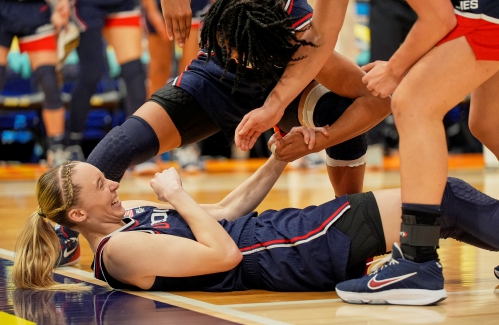 UConn women's basketball team captures 12th national title in dominant win over South Carolina
UConn women's basketball team captures 12th national title in dominant win over South Carolina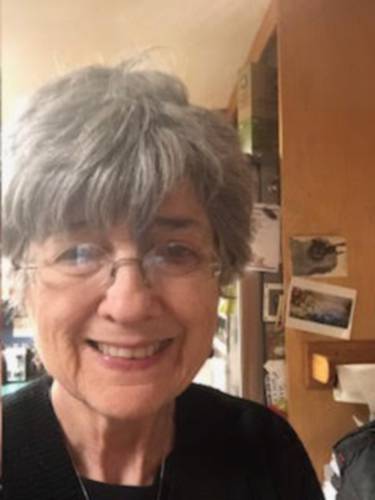 Guest columnist Dr. Shelley Berkowitz: Single-payer health care just needs vote
Guest columnist Dr. Shelley Berkowitz: Single-payer health care just needs vote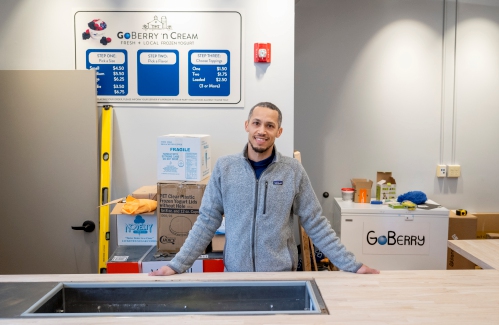 Here come the sweetness: Four new businesses prepping to open in downtown Northampton
Here come the sweetness: Four new businesses prepping to open in downtown Northampton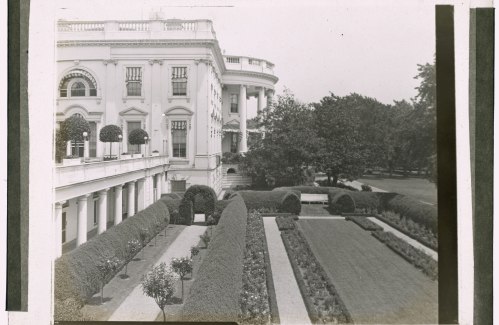 Get Growing with Mickey Rathbun: Paving over historic beauty: A history of the White House Rose Garden that Trump plans to rip up
Get Growing with Mickey Rathbun: Paving over historic beauty: A history of the White House Rose Garden that Trump plans to rip up Valley Bounty: Nothing sweeter than sourcing local: Lemon Bakery in Amherst is a small, seasonal, from-scratch operation
Valley Bounty: Nothing sweeter than sourcing local: Lemon Bakery in Amherst is a small, seasonal, from-scratch operation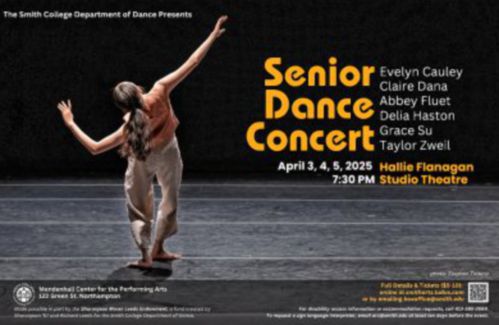 Arts Briefs: Power of Truths Fest in Florence, dance at Smith, jazz at UMass, and more
Arts Briefs: Power of Truths Fest in Florence, dance at Smith, jazz at UMass, and more Speaking of Nature: Stinky signs of spring: Skunk cabbage is eye candy after months of winter landscape
Speaking of Nature: Stinky signs of spring: Skunk cabbage is eye candy after months of winter landscape
